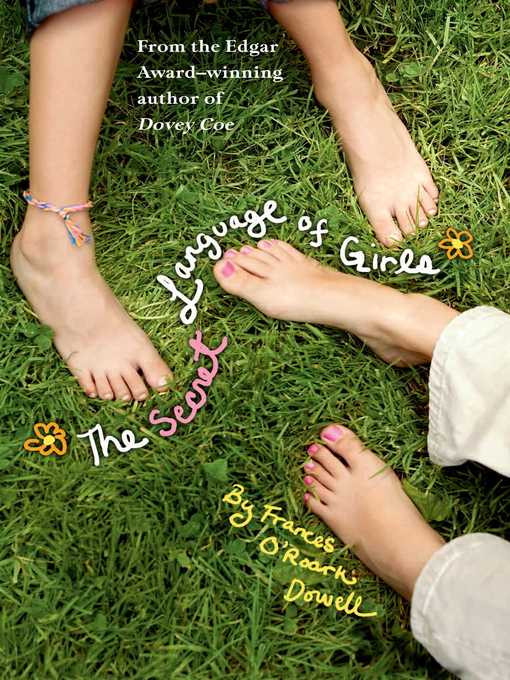- Available now
- New eBook additions
- New kids and teen additions
- Most popular
- Try something different
- See all ebooks collections
- New audiobook additions
- Available now
- New kids and teen additions
- Most popular
- Try something different
- See all audiobooks collections
- Popular Magazines
- Just Added
- Food & Wine
- Fashion
- Health & Fitness
- Home & Garden
- News & Politics
- See all magazines collections



